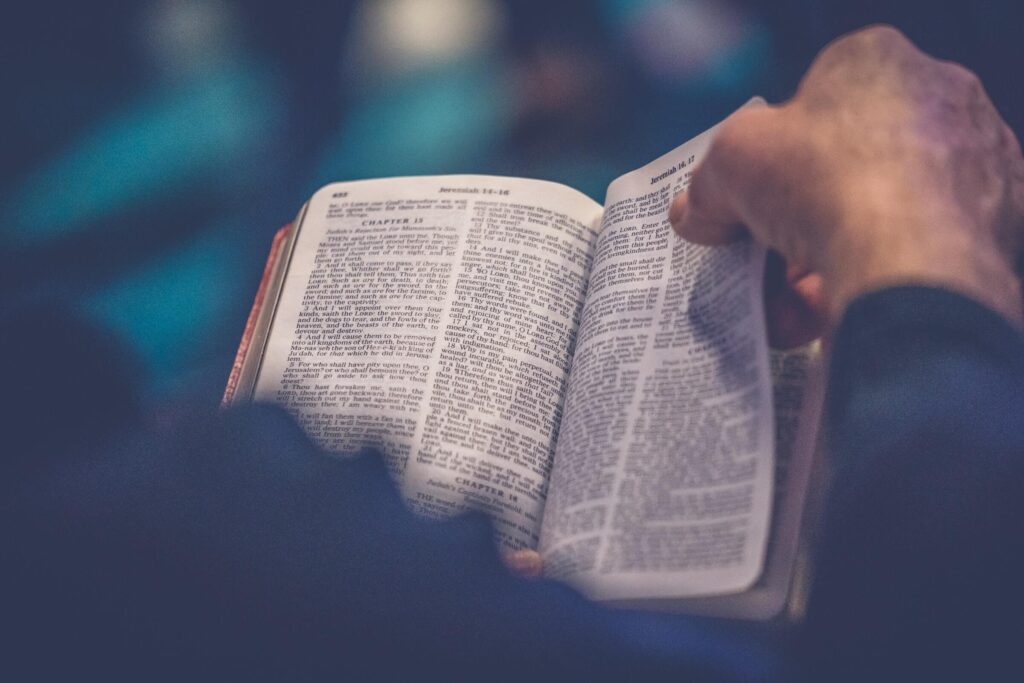
In an increasingly complex and often secularized world, the enduring importance of religion in society remains a powerful and multifaceted reality. While modern advancements in science and technology have offered explanations for phenomena once attributed to divine forces, the fundamental human need for meaning, purpose, and connection continues to find solace and structure within religious frameworks. These systems of belief provide not only a spiritual compass but also a moral and ethical foundation that shapes individual behavior and fosters communal cohesion.
Religion often serves as a bedrock for moral principles, guiding adherents towards concepts of right and wrong, justice, and compassion. These ethical frameworks contribute significantly to the social order, influencing laws, customs, and interpersonal relationships. Religious teachings frequently emphasize values such as honesty, integrity, and empathy, which are essential for building trust and cooperation within communities. By providing a shared understanding of moral obligations, religion plays a vital role in promoting responsible citizenship and mitigating societal discord.
Furthermore, religion offers a profound sense of community and belonging. Places of worship and religious organizations serve as hubs for social interaction, providing individuals with a network of support, friendship, and shared identity. These communities often extend beyond spiritual guidance, offering practical assistance, charitable outreach, and a sense of solidarity during times of hardship. This social dimension of religion can combat isolation, foster empathy, and strengthen the fabric of society by creating bonds that transcend individual differences.
In times of crisis, whether personal or collective, religion often provides a source of comfort, hope, and resilience. Rituals, prayers, and the belief in a higher power can offer solace in the face of suffering, loss, and uncertainty. Religious narratives and teachings can provide frameworks for understanding life’s challenges and finding meaning even in difficult circumstances. This capacity to offer emotional and spiritual support makes religion a vital resource for individuals and communities navigating the inevitable hardships of life.
Moreover, religion has historically been a significant driver of cultural expression and artistic creation. From magnificent cathedrals and intricate temples to inspiring music, literature, and art, religious beliefs have profoundly shaped human creativity. These cultural artifacts often embody the core values and narratives of a society, preserving traditions and fostering a sense of shared heritage across generations. The influence of religion on art and culture continues to enrich the human experience and provide insights into the diverse ways in which people understand and interact with the world.
Beyond individual and communal benefits, religion also plays a role in addressing social injustices and advocating for positive change. Throughout history, religious movements and leaders have been at the forefront of campaigns for human rights, equality, and social reform. Rooted in principles of compassion and justice, faith-based organizations continue to work on issues such as poverty, inequality, and environmental stewardship, demonstrating the power of religious conviction to inspire action for the common good.
However, it is crucial to acknowledge the complexities and potential challenges associated with religion in society. Differing interpretations of religious texts and doctrines can sometimes lead to conflict and division. Extremist ideologies, while not representative of the majority of religious adherents, can exploit religious beliefs to justify violence and intolerance. Therefore, fostering interfaith dialogue, promoting mutual understanding, and emphasizing the shared values of peace and compassion are essential for harnessing the positive potential of religion while mitigating its potential for harm.
In conclusion, despite the advancements of the modern era, religion continues to hold significant importance in today’s society. It provides a moral compass, fosters community, offers comfort in times of need, inspires cultural expression, and motivates action for social justice. While challenges exist, the enduring human quest for meaning and connection ensures that religion will continue to play a vital role in shaping individual lives and the collective human experience.